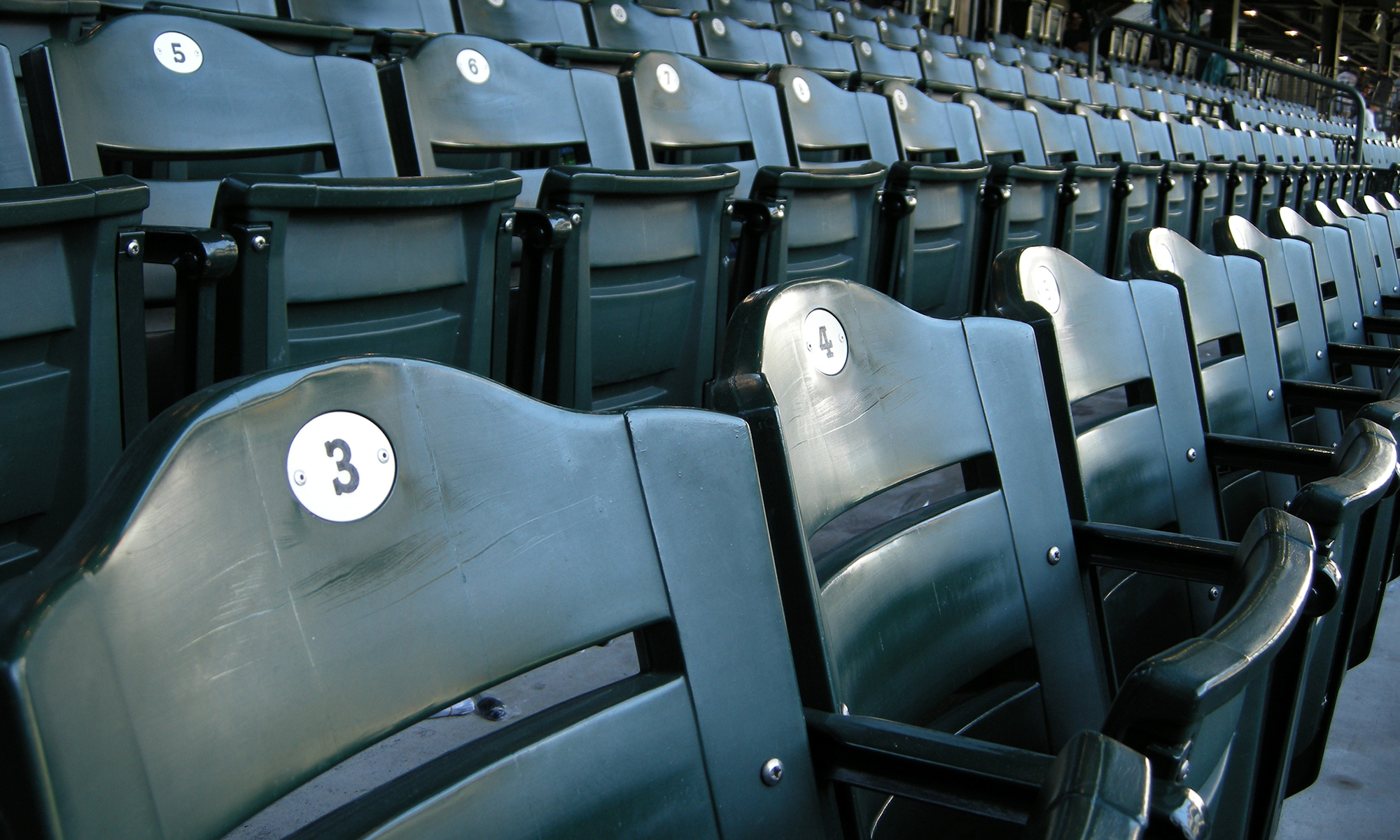In approximately one month, on April 7, 2025, Judge Wilken will hear arguments from certain parties who have objected (“Objectors”) to the proposed settlement agreement to resolve several student-athlete compensation lawsuits against the NCAA—House, Carter and Hubbard. As previously discussed on this Blog, the Objectors will have the opportunity to voice their arguments before the Court, on behalf of all parties that submitted objections to the settlement, before the Court decides whether to approve the settlement. Judge Wilken invited several Objectors, including LSU gymnast Livvy Dunne, to appear before the Court. Ms. Dunne is believed to be one of the most successful NIL earners in college sports and has a reported net worth of approximately $9.5 million. Ms. Dunne’s success is remarkable because gymnastics is not one of the traditional “revenue” sports, i.e., football and men’s basketball. Ms. Dunne provides a unique voice for current and former college athletes who did not and do not benefit from the platform afforded to men’s football and basketball players. Ms. Dunne’s apparent value to LSU in a “non-revenue” sport provides an important perspective to the Court in light of the fact that the proposed settlement largely benefits football and men’s basketball players.
In addition to Ms. Dunne, the invited Objectors include swimmer Gannon Flynn, runner Gracelyn Laudermilch, football player Benjamin Burr-Kirven, the United States government, athletes represented by Michele Roberts (former director of the NBA Players Association), and other groups of athletes represented by various law firms. Although the Objectors were invited to speak at the April 7th hearing, it is unclear as to whether they will accept the invitation. The Court is likely to inquire as to: (i) the transparency of how the calculations are being made for the estimate of lost NIL opportunities; and (ii) why the same formula is being applied to all athletes across every sport despite the many inherent differences in each sport. The Objectors have argued that the current calculation framework set forth in the settlement does not accurately reflect the current NIL market, which took time to develop as businesses became more familiar with NIL and the industry matured. The Objectors have also taken issue with the fact that the current settlement framework does not account for athletes that have built large social media presences, such as Ms. Dunne, while competing in “non-revenue” sports.
The Objectors have until March 14, 2025 to notify the Court whether they intend to appear in person for the April 7, 2025 hearing. Despite the invitation to voice their positions, the purpose of the hearing is not to renegotiate the proposed settlement’s terms but to determine whether to approve the settlement or reject it and allow other related lawsuits to proceed toward potentially more thorough and appropriate resolutions.
